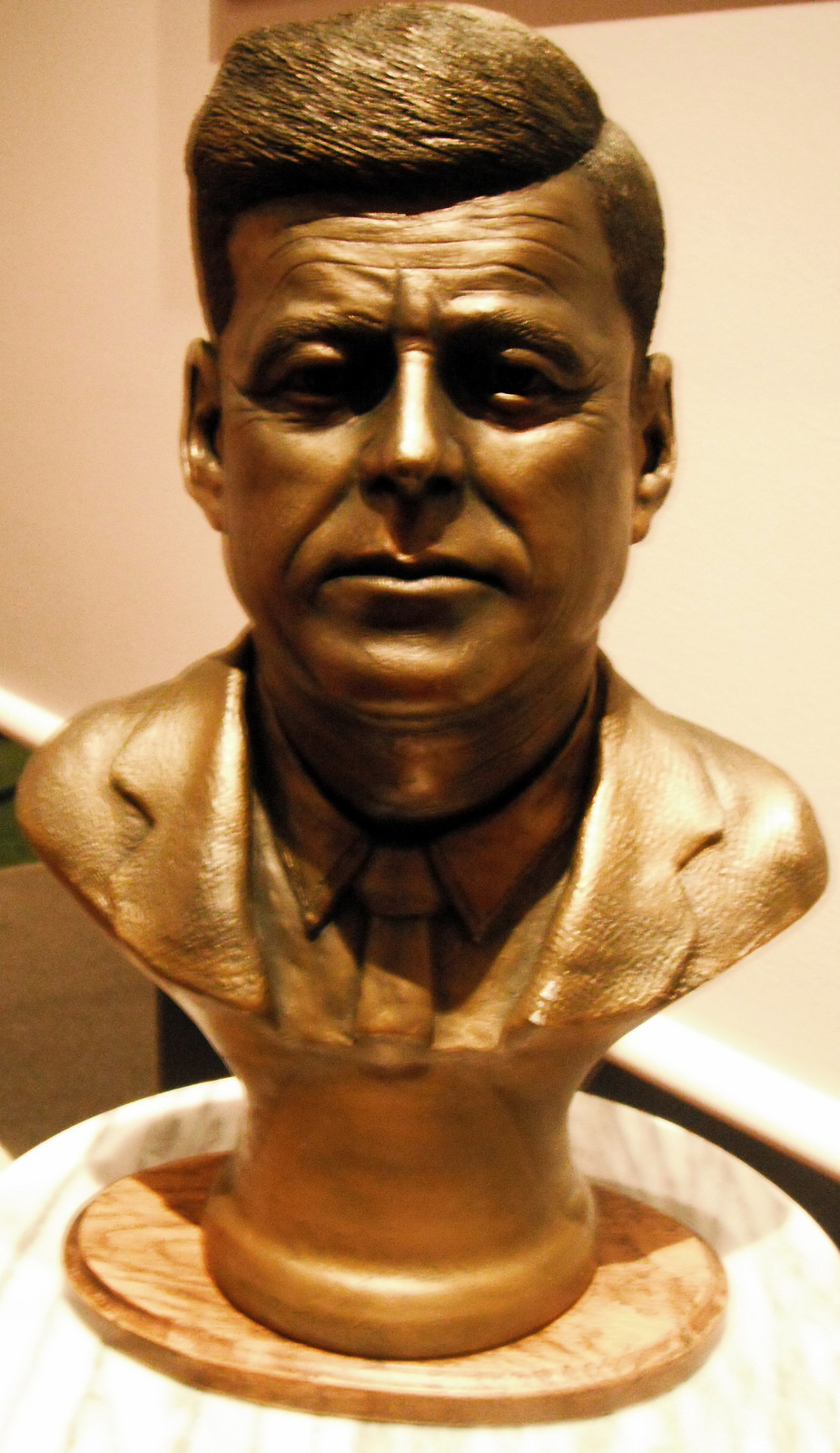| Title: Surrounded by Enemies: What if Kennedy Survived Dallas? Author: Bryce Zabel Alternative history is a genre that lends itself to “aha” moments as authors draw on facts that are known today but were not generally understood at the time. When the subject is the assassination of President John F. Kennedy, the “ahas” are plentiful and entertaining to consider. In his new novel, “Surrounded by Enemies: What if Kennedy Survived Dallas,” author Bryce Zabel doesn’t disappoint. The things we know today about JFK – his lust for dangerous sex partners, his drug use – cause Camelot to come crashing down upon him as paranoia surrounding his near-miss in Dallas takes over. There is little particularly surprising in the way the book’s plot unfolds. J. Edgar Hoover, the carefully scheming FBI chief, is well-known for having an ample dossier on the Kennedy brothers, which no doubt helped him to survive their administration in real life. Zabel uses him to push the plot along, as the president and his attorney general brother take |
The ‘60s were an age of iconic moments for people of a certain age, and Zabel puts a unique twist on these. Jackie Kennedy’s surprised exclamation of “Oh,” to a question about the president’s dalliances gives her the nickname of “Jackie Oh,” to give just one witty and creative example.
More interesting, however, is the thought about what it might have taken for the president’s secret life to burst onto the stage during an age when mainstream media considered such things off limits. Today, a president with mistresses (including a young intern, who does not present herself in the book), would be fair game and constant fodder for cable talk shows. In the relative decorum of the ‘60s, it would have been considered uncouth unless, perhaps, the behavior could be shown to have compromised national security. It is this twist Zabel counts on to present a believable case for the furor that erupts and leads to an impeachment case against JFK.
To people of a certain age, the thought of JFK surviving Dallas would conjure only hope and visions of a decade that might not have included Vietnam. Zabel gives us this, yet shows us we should be careful what we wish for. Above all, we see that the 1960 election gave Americans a choice between two deeply and dangerously flawed men. The decade that followed was destined to be messy no matter what happened on Nov. 22, 1963.


 RSS Feed
RSS Feed

